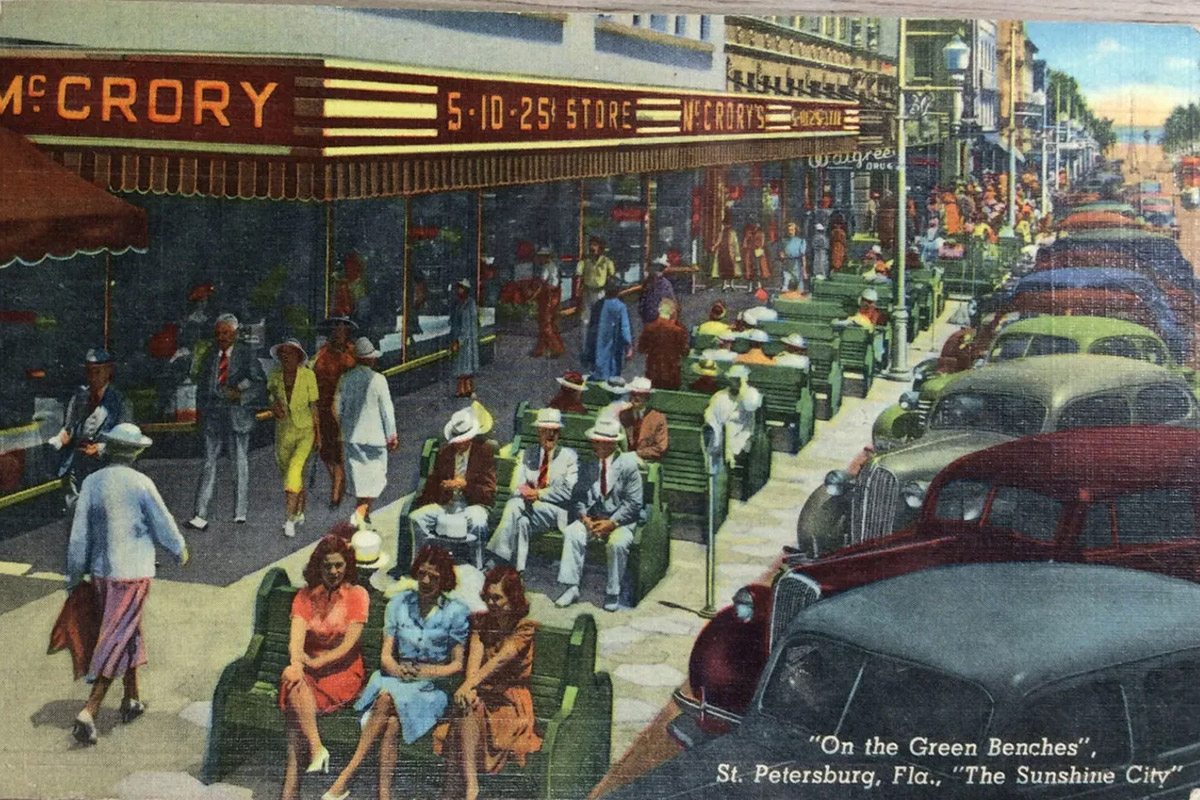As the twilight sun shone through the west windows of Fox Hall on Oct. 25, author and historian Charles Dew gave an equally illuminating presentation to a round-tabled crowd about his most recent book, The Making of a Racist: A Southerner Reflects on Family, History, and the Slave Trade (University of Virginia Press, 2017).
In his book, Dew tells the story of his slow awakening to the cruel reality of racism in a segregated South. He was born and raised in St. Petersburg, Florida, back when Jim Crow was at its peak and describes the “cradle-to-grave segregation” he was blind to before his eye-opening experiences in college in the Northeast.
“Racism was passed to me by my family almost like a genetic trait,” Dew said. His realization of the racism he was born into would have never happened if he hadn’t left Florida and “been exposed to a different world, a different culture, a different student body than I would have experienced in the South at that time,” he explained.
After his engaging presentation, several students asked questions regarding anti-racism, dealing with racist family members, and communicating with individuals who have different perspectives. Dew’s parting message to students was, “I hope that [you] will see that racism can rear its ugly head even in good families with nice people. It’s not just the ignorant redneck who has absorbed the poison of white supremacy … it’s the easiest place to go when things aren’t going right for you.”
Creative writing student Kiara Williams found the presentation interesting and said, “I’ve never heard that perspective before … about how he changed in that time.” Kiara is a first-year student from West Palm Beach, Florida.
Other students attended the reception and presentation, as did a healthy mix of members from the broader community and the Osher Lifelong Learning Institute. Dew’s handout at this College Program Series event showed slave prices on one day in 1860 at a Richmond, Virginia, auction—along with a photo of well-clad white people socializing on St. Petersburg’s historic (segregated) green benches in the early 1900s. These black-and-white images added weight to his talk.
This event was sponsored by the Eckerd College St. Pete Center for Civic Engagement and Social Impact. Established in 2022, the Center aims to engage and empower students to “author solutions at the intersections between the College and local communities.” The St. Pete Center also works to foster and strengthen relationships between students, local government and neighboring organizations to address social issues and create change.
Upcoming St. Pete Center events include “Life After Perfect,” a Buchenal Lecture Series event featuring Dr. Kate Bowler, who will speak about her memoir No Cure for Being Human (And Other Truths I Need to Hear) at 7 p.m. on Nov. 7 in Fox Hall.
Author and historian Charles Dew













